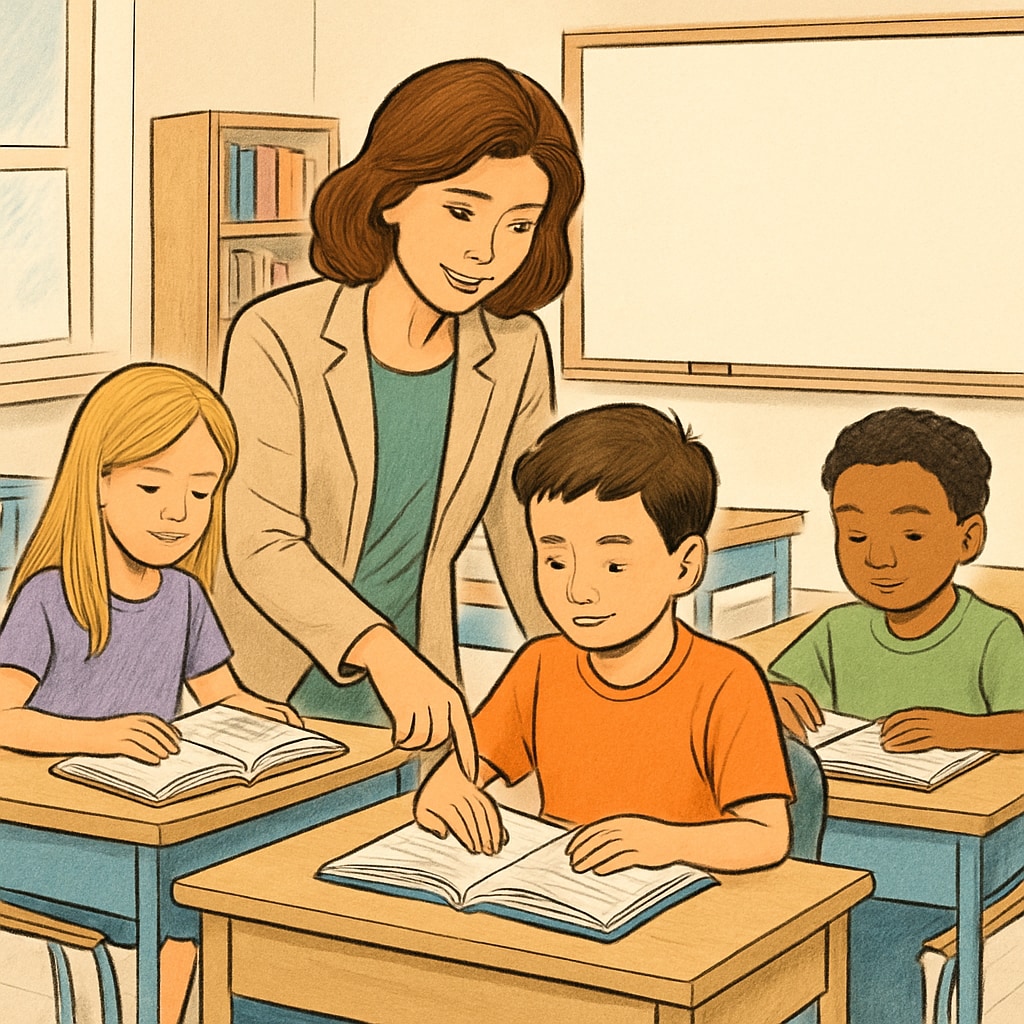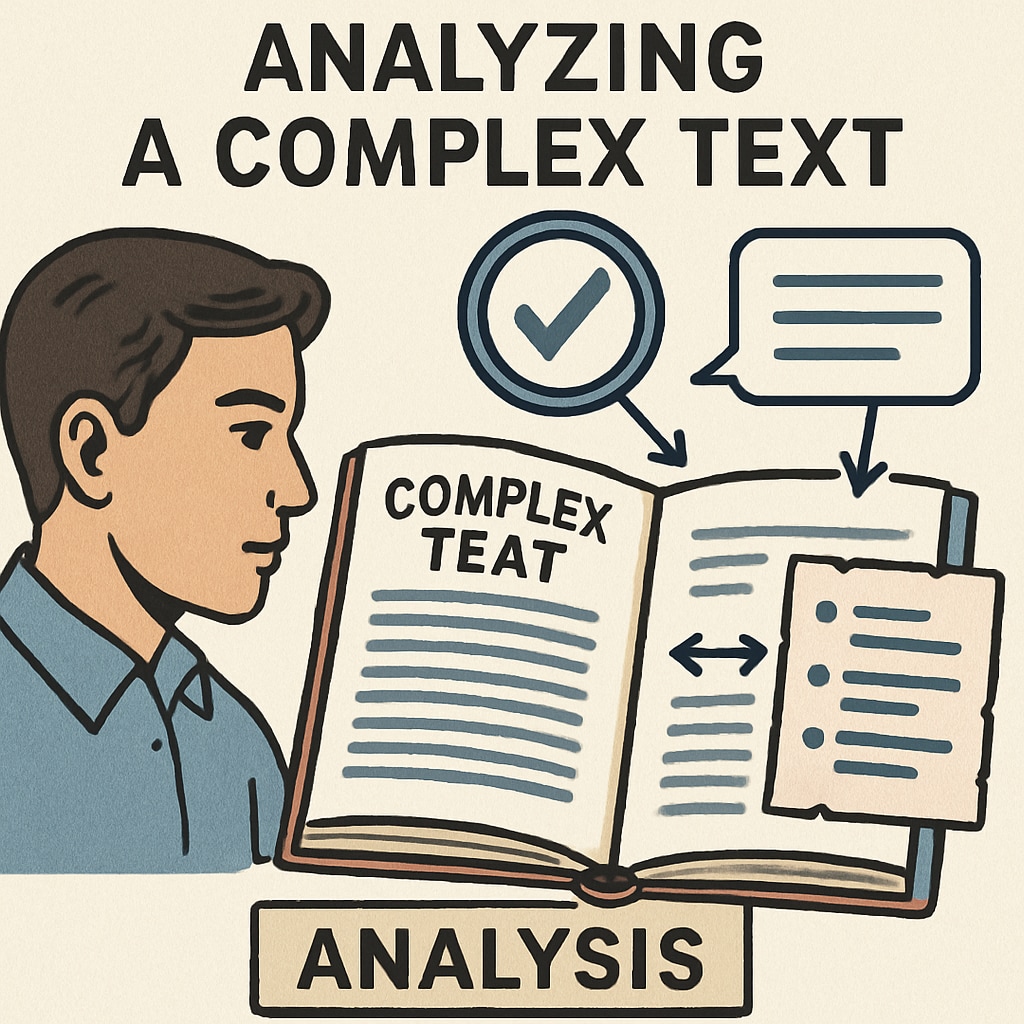Understanding the intricate relationship between reading comprehension, teacher volunteers, and text complexity is vital for advancing literacy education. A groundbreaking research project is calling for K12 educators to lend their expertise in evaluating reading text complexity. This initiative aims to create better-aligned instructional materials by bridging the gap between student capabilities and educational content, ultimately fostering comprehensive literacy growth.
How Teachers Can Transform Reading Education
Teachers play a pivotal role in shaping a student’s ability to understand and engage with complex texts. Their unique perspective, built on years of classroom experience, offers invaluable insights into how instructional materials interact with different levels of student ability. This research project acknowledges the critical role educators play and seeks to harness their expertise in evaluating reading text complexity.
By volunteering for this study, teachers will contribute directly to the development of precise tools and methodologies for categorizing educational texts. These refined systems will ensure that reading materials are appropriately matched to students’ proficiency levels, enabling more effective and personalized learning experiences.

What Is Text Complexity and Why Does It Matter?
Text complexity refers to the inherent difficulty of a reading passage, determined by factors such as vocabulary, sentence structure, and conceptual density. Accurately assessing text complexity is essential for educators to select appropriate materials that challenge students while remaining accessible. When texts are too difficult or too simplistic, students may struggle to engage, leading to gaps in comprehension and growth.
This project aims to refine existing text complexity evaluation systems by incorporating feedback from educators who work directly with students. Their input will help identify discrepancies in current models and suggest improvements to better align instructional materials with diverse classroom needs.

The Impact of Teacher Volunteers
Teacher volunteers are the cornerstone of this research initiative. Their participation ensures that the project benefits from hands-on classroom experience, making the results practical and actionable. Volunteers will:
- Evaluate sample reading passages for complexity.
- Provide insights into student engagement and comprehension challenges.
- Collaborate with researchers to refine text evaluation metrics.
In addition to contributing to the improvement of literacy education, participating teachers will gain access to cutting-edge research findings and tools that can directly benefit their own classrooms.
Getting Involved
If you are a K12 educator passionate about enhancing literacy and reading comprehension, consider joining this vital research project. Your expertise will help shape the future of reading education, ensuring that students of all levels have access to materials that support their growth and development. To learn more or sign up, visit authoritative resources like EdWeek or Reading Rockets.
As a result of this collaboration, the education community will gain a more nuanced understanding of text complexity, paving the way for impactful instructional strategies and improved student outcomes.
Readability guidance: This article uses concise paragraphs, short sentences, and clear transitions to ensure accessibility. Lists are provided to summarize key points, and technical terms are defined for easier understanding.


